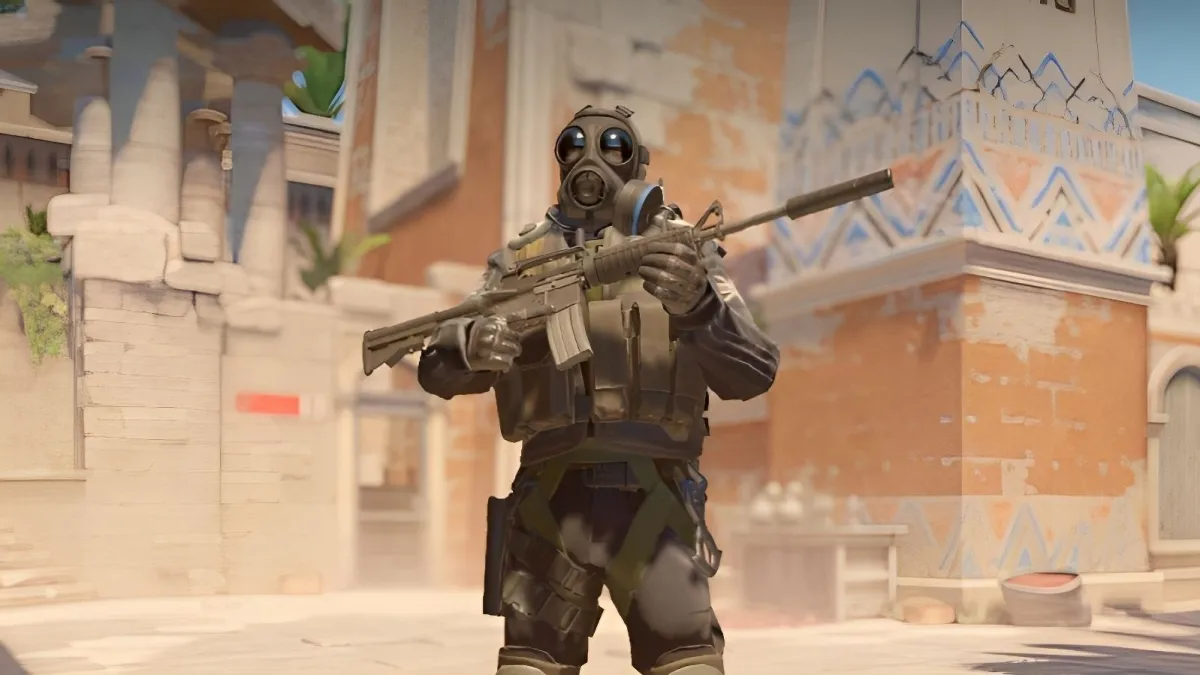Bach Hoa Hang Nga: Your Trusted Source for Quality Products
Explore a wide range of quality products and insightful articles.
Team Tactics That Turn Rounds into Victories
Unlock game-changing strategies to transform setbacks into wins! Discover team tactics that lead to victory in every round.
5 Proven Tactics to Transform Round Losses into Team Victories
In competitive environments, turning round losses into team victories requires strategic thinking and effective communication. First and foremost, it's essential to conduct a thorough post-mortem analysis after each round. This involves gathering the team to discuss what went wrong, identify weaknesses, and celebrate any positives. Utilizing techniques such as brainstorming sessions can help foster a culture of openness, where team members feel safe to share their insights. Encourage everyone to contribute to the solution-finding process, which not only boosts morale but also helps solidify the team's overall strategy.
Secondly, implementing micro-adjustments can lead to significant improvements. Focus on specific, actionable areas where the team can enhance their performance in subsequent rounds. For instance, if coordination was lacking, consider introducing role clarity sessions to ensure everyone understands their responsibilities. Additionally, utilizing visual aids such as charts or diagrams can help reinforce concepts and strategies within the team. Finally, remember that a positive mindset is crucial; maintaining motivation through regular team-building activities can transform any round loss into an opportunity for growth, setting the stage for future team victories.

Counter-Strike has been a staple in the world of online first-person shooters, captivating players with its team-based gameplay and strategic depth. The latest installment, often referred to as CS2, continues to build on this legacy, offering enhanced graphics and new features. For players looking to optimize their gaming experience, understanding cs2 port forwarding can significantly improve connection stability and reduce lag during intense matches.
How Effective Communication Can Turn the Tide in Competitive Rounds
Effective communication plays a crucial role in turning the tide during competitive rounds, whether in business, sports, or public speaking. When participants can articulate their strategies, share insights, and engage with their audience or team members, they create a collaborative atmosphere that fosters innovation and cohesion. This not only leads to improved performance but also strengthens relationships among team members, allowing for a more united front against competitors. In high-stakes situations, clear communication can mean the difference between success and failure, as it enables quick decision-making and reduces the chances of misunderstandings.
Moreover, effective communication is essential for adapting to the dynamics of competition. Being able to listen actively and respond accordingly allows competitors to pivot their strategies in real-time, addressing challenges as they arise. As described in various studies, the importance of feedback loops becomes apparent; by encouraging open dialogue, teams can identify weaknesses and harness strengths more effectively. Ultimately, those who master the art of communication can not only strategize more adeptly but also inspire and motivate others, creating a competitive edge that can lead to victory.
What Are the Key Strategies for Team Cohesion During High-Pressure Matches?
In high-pressure matches, achieving team cohesion is vital for success. One effective strategy is fostering open communication among team members. By encouraging players to voice their concerns and ideas, teams can build trust and ensure everyone is on the same page. Implementing regular team meetings can facilitate this, allowing members to discuss tactics, share feedback, and bolster morale. Additionally, using visual aids such as tactical boards can help clarify roles and game plans, ultimately leading to a more synchronized performance during critical moments.
Another crucial approach is to engage in team-building exercises that focus on enhancing interpersonal relationships. Activities such as trust falls and team challenges not only strengthen bonds but also promote understanding of each player's strengths and weaknesses. Furthermore, maintaining a positive environment through rituals – like pre-match huddles or motivational talks – helps to reinforce unity and focus. Together, these strategies cultivate a resilient team spirit, enabling players to navigate the pressures of high-stakes matches with confidence and cohesion.